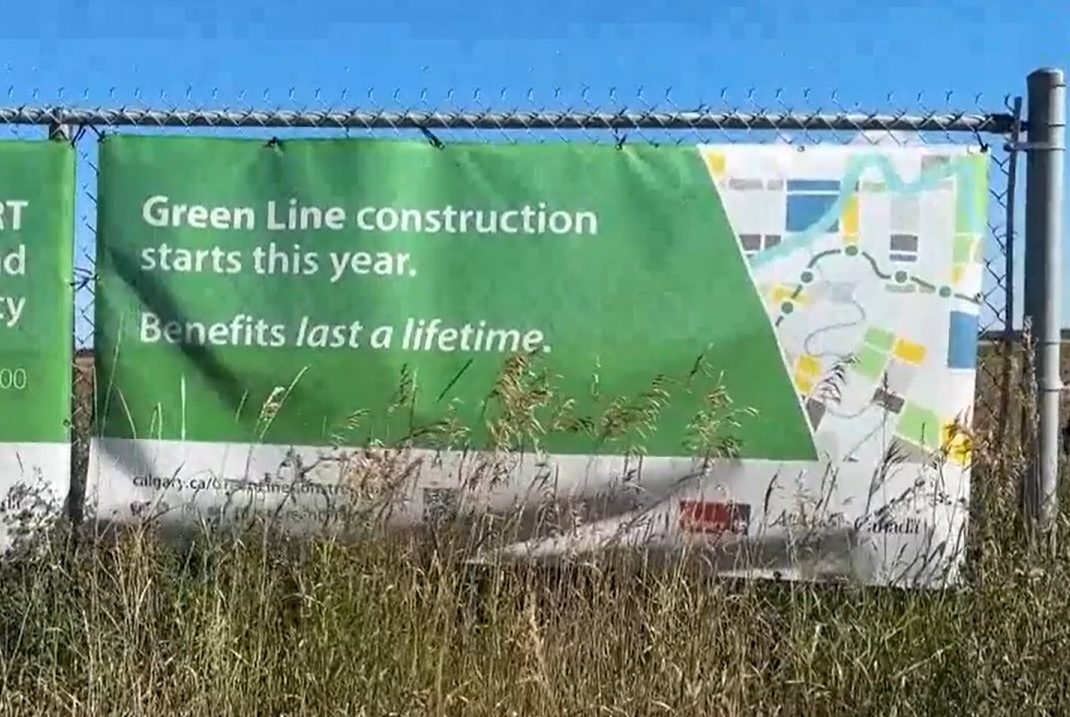Calgcouver
Senior Member
I still think connecting via the blue line is fine IMO. Going from the YVR to Waterfront is ~30min. Copenhagen airport is like ~17min with the new line, but used to be like 25-30min to Kongens Nytorv (what i'd consider central). If we could get blue line service from YYC to downtown inside of ~35min, i think that is a pretty reasonable proposition considering the distance travelled and keeping the costs low for the project.
I don't imagine we would have the kind of ridership to have a YYZ UP Express style service here. Also lots of the people that work at the airport live in the NE and it would be a useful commuter link for workers going to and from YYC, regularly.
However you're not wrong about the frequency constraints.
I don't imagine we would have the kind of ridership to have a YYZ UP Express style service here. Also lots of the people that work at the airport live in the NE and it would be a useful commuter link for workers going to and from YYC, regularly.
However you're not wrong about the frequency constraints.
Last edited:
